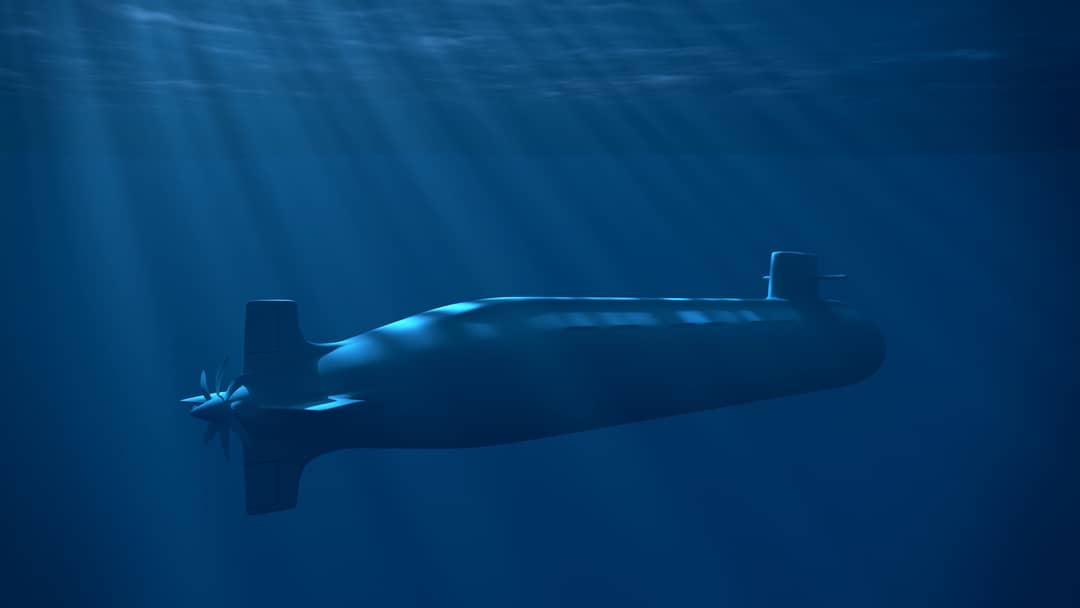
The recent announcement of a military alliance between Australia, the UK and the US, termed AUKUS, by a politically partisan federal government with a single-seat majority in parliament, portends a vexed future for Australia.
It will place Australia in danger of war and/or nuclear accident, as well as subordinate its vital interests to the US for decades to come.
This state of affairs is epitomised by the likely implications of the triumphant announcement that Australia will build nuclear submarines on a US patent under the direction of British weapons manufacturers.
The alternative of establishing an independent defence apparatus and foreign policy would represent a much better guarantee of Australia’s future.
I singlehandedly talked two American presidents into sitting down annually with the president of China. Could you imagine Morrison or Payne or the growling policeman from Queensland achieving such a thing?, asks Paul Keating. | OPINION#auspol #aukus https://t.co/GEiTrlDV9J— The Age (@theage) 28 September 28, 2021
The decision to form a military alliance with the US and the UK, of which the construction of nuclear-powered submarines is but one aspect, was taken without consultation with the opposition Australian Labor Party. This breaks a cardinal rule that foreign policy to be coherent and credible must be bipartisan.
Given that a federal election will be held in the near future, such an approach appears to place domestic considerations before international ones.
The building and acquisition of these submarines commits Australia to operating in strategic lockstep with the US for decades, despite the real possibility that Australia’s national interests may diverge in the future. Australia will become a frontline base for the US military without the privileged status enjoyed by US territory itself.
Australia’s strategic interests would be better served by spending on defensive, mainly onshore, weapons systems such as missiles or drones, at a much lower cost.
If the Australian government goes ahead with AUKUS, in this era of great change and US decline, Australia will miss the opportunity to chart its own path towards the future that it wants, at least for decades to come.
Nuclear submarines are not defensive, but pre-eminently offensive weapons. This implies that Australian-built nuclear submarines, if and when they’re used, will operate entirely under the political direction of the US government and command structure of the US military.
To incorporate nuclear submarines into Australia’s navy is therefore to commit to an aggressive US policy of military containment of China, with all the attendant risk of war, for years to come.
US nuclear submarines are highly complex technologically, and involve the handling of weapons-grade nuclear fuel, which will have to be sourced outside of Australia.
Their construction will involve the establishment of a substantial auxiliary industrial sector, and require specialised personnel. This will further subordinate Australia’s economy to US leadership, industrial and manpower requirements, making it almost impossible for Australia to extricate itself in case of an international crisis, or to chart an independent path in pursuance of its interests.
A significant corollary is Australia’s reputation as an independent player in international politics. The abandonment of the French contract in favour of US submarine technology channelled via the UK defence industry sows division within Western alliances, and underscores Australia’s reputation as a monocultural Anglo-Saxon nation on the periphery of world affairs, subordinate to US interests.
On a purely domestic level, there are inherent dangers associated with nuclear-powered submarines, including the need to import and dispose of weapons-grade nuclear fuel. Australia does not currently have the capacity to deal with these dangers. The risk of a nuclear leak or accident in an Australian port is therefore a real one.
Australia’s strategic interests would be better served by spending on defensive, mainly onshore, weapons systems such as missiles or drones, at a much lower cost.
This would enable Australia to establish locally-based defence industries that better reflect its capacities, better serve its interests, and chart a path towards a better industrial policy based on Australia’s actual needs.
To adopt a locally-based defensive system would free Australia from the fear or favour of any one “great” power, and enable it to forge an independent foreign policy, more attentive to, and respectful of, its vital regional relationships, and thus much better-aligned to its future interests.





